What Constitutes an Organic Diaper and How to Choose One
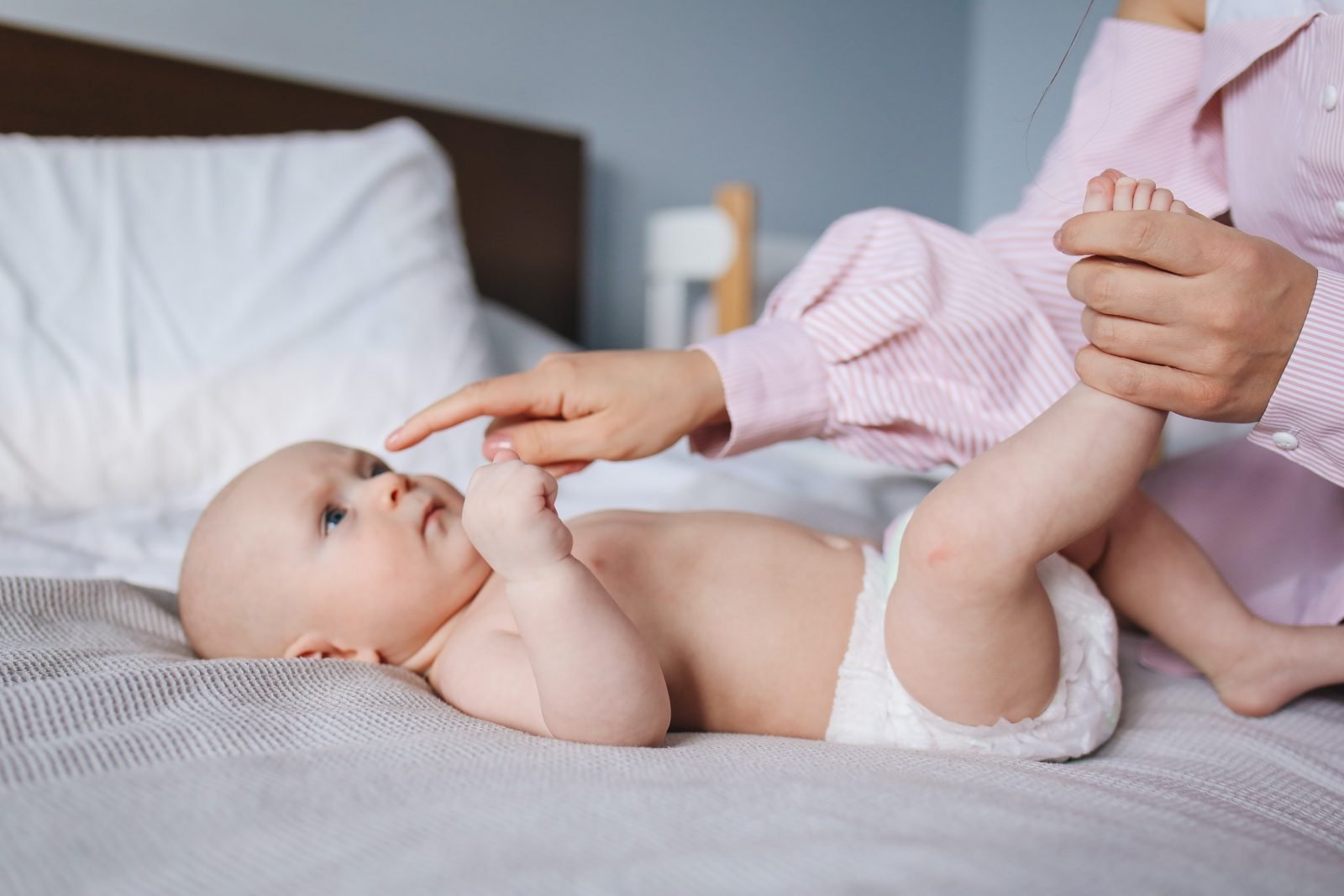
When your baby is born, you want to do everything you can to ensure that he or she is safe and well. You probably spent a lot of time studying baby goods before buying them to make sure they were safe. You’ve examined skincare products, bottles, toys, furnishings, clothing, and even accessories closely. You come to the terrible conclusion that you still need to choose a diaper brand just when you thought you had everything you needed.
Selecting a diaper can be a daunting task with so many options to choose from—and room for more to come as the market is predicted to expand by 0.62 percent each year. You must consider the absorbency, softness, comfort, and cost of the fabrics. You should also think about the materials and ingredients they’re made of.
Unfortunately, some disposable diapers on store shelves today may contain hazardous chemicals that harm your baby’s delicate skin. Not to mention how they contribute to environmental damage. Disposable diapers account for 4.1 million tonnes of waste dumped to landfills each year, according to the Indian Environmental Protection Agency. They have the ability to bring diseases into the environment, contaminating drinking water.
Whether you’re looking for organic diapers to keep your young one safe or want to aid the environment, we’re here to help. To cut through the clutter of confusing packaging and labelling, we’ve divided down crucial variables. This will assist you in determining what makes a diaper organic, evaluating its legitimacy, and locating the brand you require.
What Is an Organic Diaper, Exactly?
You’ll change your newborn’s diaper up to 12 times in one day throughout the first few months of their existence. You’ll go through an average of 2,000 to 2,500 diapers in their first year. We don’t encourage keeping track of how many hours you’ll spend cleaning their tushes!
Because infants spend almost all of their time in diapers, finding the best one is crucial. Plant-based materials such as bamboo, hemp, and cotton are used to make organic diapers. They have the potential to be biodegradable. Chlorine, perfumes, colors, bleach, latex, and other hazardous chemicals are also absent. Be on the lookout for special packaging labels that indicate that the required organic requirements have been met when browsing the diaper aisles at Target or Walmart.
Organic Diaper Requirements
The evidence is in the pudding, or in this case, the organic diaper certifications. One to two labels will be put on the package of trusted organic diapers to identify the legitimacy of their organic textiles. “Organic 100 Content Standard (OCS)” or “Global Organic Textile Standard (GOTS)” are two terms to look for. These two certifications certify that the necessary criteria for organic status have been met.
Organic Content Standard of 100
The OCS is a non-perishable product standard that validates that it was created from organically cultivated textiles and fibres, ranging from 5% to 100% organic materials. The Textile Exchange, originally known as the Organic Exchange, is an international, non-profit organisation that issues the seal.
Look for the “OCS 100” mark or the words “Produced with/Contains 100 percent Organically Grown Material” to confirm the diapers are made entirely of organic materials. Companies may only use them for products that are entirely made of organic materials. “Made with/Contains Organically Grown Material” may be printed on the packaging of diapers made with 95% or more organic fabrics.
Standard for Organic Textiles in the World
GOTS has the most strict criteria of any organic standard, as it is the world’s top textile processing standard for organic materials. Its accreditation ensures that raw materials are harvested in an organic manner. It also necessitates that the entire process be environmentally and socially conscientious, including manufacture, packing, labelling, trading, and distribution.
Textiles classified as organic by GOTS must also be made up of at least 95% organic natural fibers. Personal care items, such as diapers, must be produced entirely of organic fibers. The absence of scents, dyes, formaldehyde, heavy metals, and bleach is also a GOTS criteria. However, the list of dangerous compounds that are prohibited is substantially longer.
Organic Diaper Cloth Types
Cloth diapers have made a comeback. Diapering in the old fashioned technique has made a comeback in modern parenting. They’ve gone a long way, thank goodness. The reusable fabric is available in a variety of designs (flats, prefolds, fitted, and all-in-ones). They may be put in the washing to be used again, saving you money. Remember that when you find you’re down to your final batch of diapers, you won’t have to make any late-night emergency visits to the store.
The disadvantages, which you’re undoubtedly already aware of, are the extensive cleaning required to reuse them, the additional loads of laundry required, and the need for frequent changes owing to their lack of absorbency.
Biodegradable
Biodegradable diapers are a good option if cloth diapering isn’t working for you. Biodegradable diapers, like regular diapers, are disposable and can be used once before being thrown away for easy cleanup. The main distinction is that they’re created from natural materials and don’t include any plastic. So they can organically decompose and return to the earth.
Compostable
Composable diapers, unlike biodegradable diapers, can be composted. They will complete their natural process and decompose on their own when added to compost. However, this does not imply that you can put them in your backyard compost bin. Instead, you must send them to a specialized institution where they will be properly cared for. Fortunately, there are a number of composable diaper providers that will collect and compost your baby’s soiled diapers for you.
While there are many things to consider as you prepare for your baby’s arrival, selecting the perfect safe, environmentally friendly diaper is not as difficult as it may appear. If you’re having trouble deciding between brands, test a couple to discover which one suits your budget, lifestyle, and, most importantly, your baby.
Explore premium quality reusable diapers online India at the best price from https://staranddaisy.in/







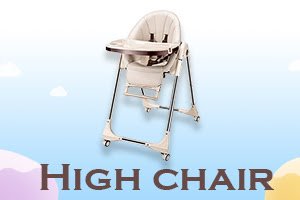
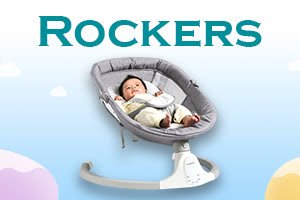














Leave a Reply
View Comments